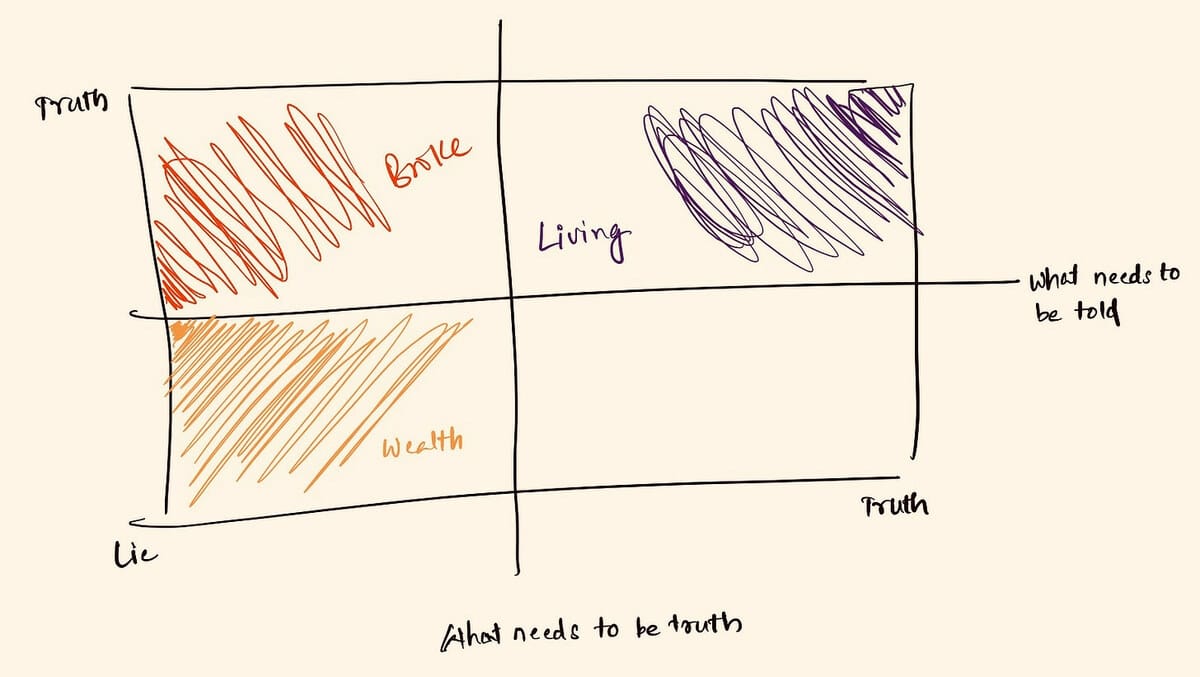As the story of Zadig goes “with the habit of careful observation, it leads to detection of often unnoticed trifles, when correctly reasoned upon, leads to discoveries that are mysterious and really marvelous.”

You do it for enough time and become an expert in the area. You will notice such rare things; everyone around you, even some keen observers, might be unable to reverse engineer the expertise.
The catch here is: the need for rarity can often override the idea of averages catching up. A cliche for a reason.
Once you gain intimate knowledge about things within the domain and become an expert, accepting and adopting the change is difficult.
Whereas as a novice, you become pragmatic, and often the feeling of not knowing enough might make you go the extra mile to ensure the essentials are taken care of. Ignorance is not always a disadvantage.
Morgan Housel suggests there are common scenarios where “do nothing” is the best answer, but “do something” is the career incentive. Incorrect demonstration of “finding rarity” and “doing nothing” leads to disastrous results, especially in the domains such as law, medicine, and investing.
Simple principles such as the 2*2 matrix of “what needs to be heard” and “what needs to be told” can put individuals on a broad spectrum of money-earning capacity.

Which side of the spectrum do you want to be on?
What are the things in your area that you need to be an expert on? and
What are those areas where your ignorance does not matter?
Photo by Daniel Seßler on Unsplash